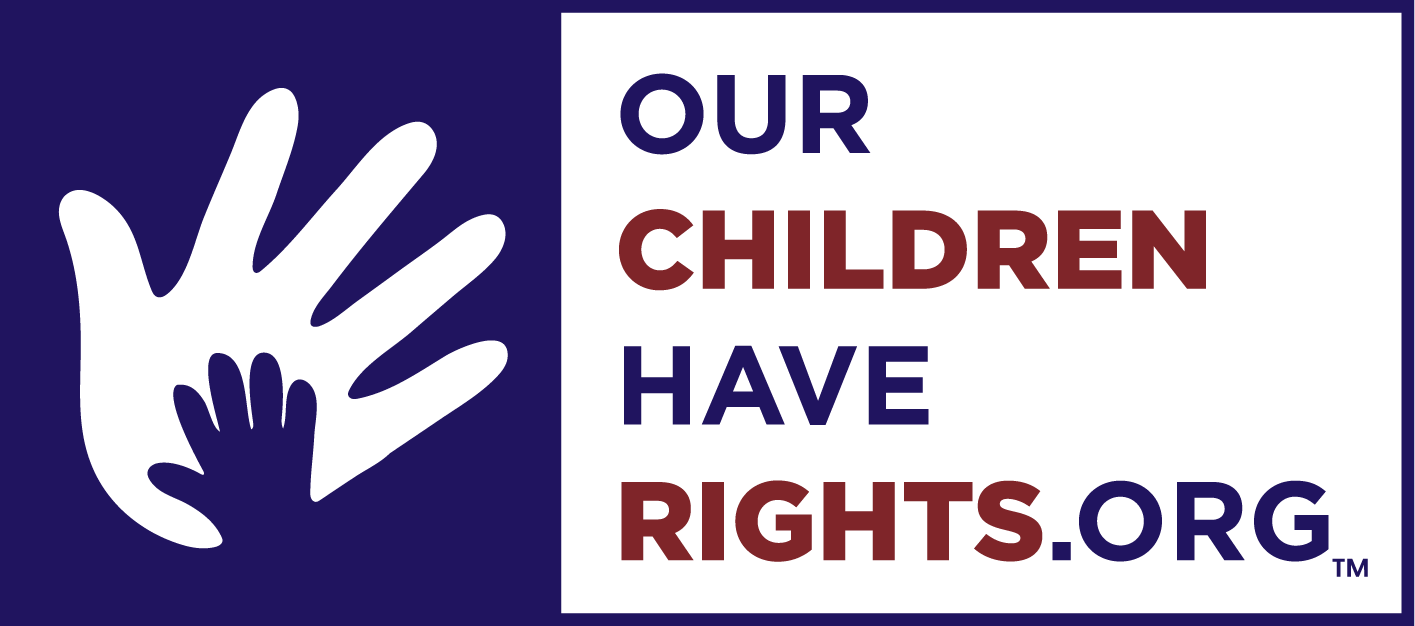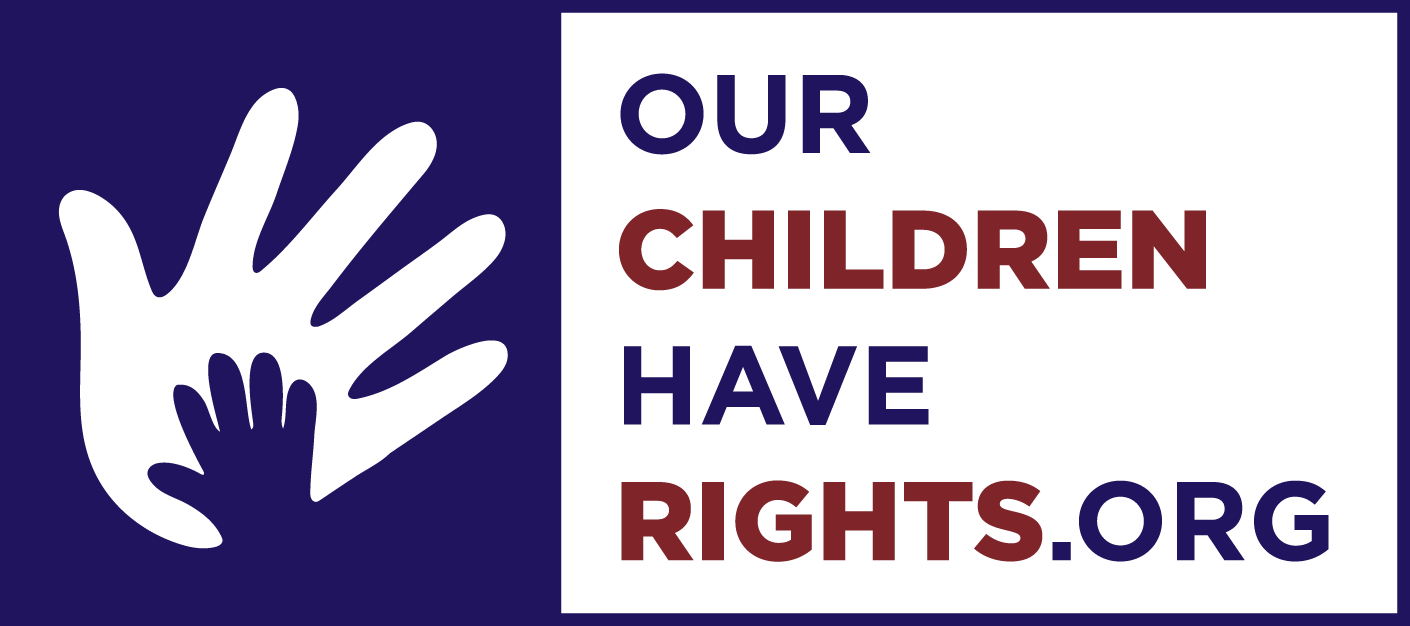Child Development Considerations For Parenting Plans
By Jake Hornstein & Greg Hill, Our Children Have Rights (OCHR)
The most important years in a child’s development is birth to age five. What if these years collide with creating a parenting plan? Parenting plans govern the relationship and decision-making between parents and the child(ren). It addresses issues such as education, health care, and time-sharing.
In Florida, if parents agree on an approved parenting plan, they have the option to agree on shared decision-making. The expectation is that parents will communicate and confer on key issues.
When parents gain knowledge of child development, outcomes improve. Age Appropriate Parenting Plans using early learning and child development factors are vital. Consider Infant/Toddler (age 0-3) and Preschool (age 3-5), when development is most vulnerable. If decision-making, communication, and conflict resolution aren’t properly addressed, disputes could erupt. Considerations include:
Schedules & Routine:
Maintaing regular and frequent contact with each parent is critical age 0-3. How can this be achieved when they live in different homes? What if one parent travels for work, not always consistently? How can that be managed to not interfere with regular, frequent contact, and routine?
Child Care & Education:
Finding affordable child care is hard enough, how do they also find a convenient location?
School Readiness Programs: Is this an “education” decision that requires agreement? Who decides?
Voluntary Prekindergarten: is this an “education” decision that requires agreement? Who decides?
SCREENINGS:
What if parents disagree on concerns about a child’s development? Is this a health care decision? Who decides? What if a specialist suggests intervention based on a behavioral screening, and only one parent agrees? Is this a health care decision? Who decides?
The purpose of this article is to inform parents that Age Appropriate Parenting Plans exist, including “Age-Based Guidelines for Parenting Plans and Schedules”. There are also mediators who specialize in this and can facilitate a process that best fits the circumstances. Other resources include child development, educational experts, and parenting coordinators.
In 1999, our friend, David Lawrence, led an effort that formed The Early Childhood Initiative Foundation and Early Learning Coalitions (ELC’s). We often encourage parents to utilize their local ELC to make informed decisions on early learning and child development related issues that commonly arise when navigating child custody and co-parenting. ELC’s can be used to avoid disputes all together and better address disputes that do arise. They exist to support children and families and can be invaluable.
OCHR is a 501c3 nonprofit that serves children by helping parents navigate child custody & co-parenting, at no cost to the family.
If you, or someone you know, needs assistance, we’re here for you. Our mission: protect the rights of children to have access to both responsible parents by providing education and support services for successful co-parenting strategies. Why? Because Our Children Have Rights.
Contact Jake at JakeHornstein@OurChildrenHaveRights.com or www.OCHR.Org


